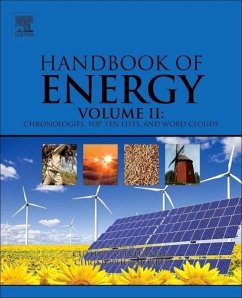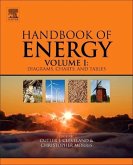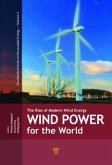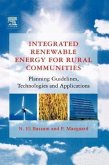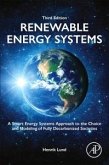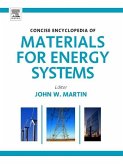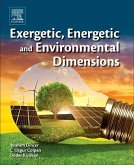Handbook of Energy, Volume II: Chronologies, Top Ten Lists, and Word Clouds draws together a comprehensive account of the energy field from the prestigious and award-winning authors of the Encyclopedia of Energy (2004), The Dictionary of Energy, Expanded Edition (2009), and the Handbook of Energy, Volume I (2013).Handbook of Energy, Volume II takes the wealth of information about historical aspects of energy spread across many books, journals, websites, disciplines, ideologies, and user communities and synthesizes the information in one central repository. This book meets the needs of a diverse readership working in energy, and serves as a vital method of communication among communities including colleges and universities, nongovernmental organizations, government agencies, consulting firms and research institutes of energy, environmental, and public policy issues.
"Anyone interested in the historical aspects of energy or the impact of energy on the environment will find this book very useful.a reference book for those needing historical facts pertaining to energy." --IEEE Electrical Insulation Magazine, Handbook of Energy, Volume II"Top ten lists (mostly ten items) presented by experts highlight important milestones, impacts, and notable issues. The lists expose topics that might otherwise get lost within a chronology.This book adds value by making its content accessible and inviting. Students can flip through the pages and find something interesting. Summing Up: Recommended." --CHOICE, July, 2014"Cleveland and Morris integrate the social, physical, biological, and engineering sciences in a broad reference designed for diverse readers. The overarching themes are sources, foundations, applications, impacts, and correlations. Within these, 53 sections are each covered by chronologies that document the major events that define the topic; top ten lists that provide personal insight from specialists in that field;." --ProtoView.com, February 2014

